Submitted by Sally Rogers
Sally originally learned “The Handsome Cabin Boy” out of Jean Ritchie’s “Dulcimer People” book. She was on a search for songs with women dressing as men for all the many reasons they might do that. This is a wonderful and singable example of those songs.
Listen to Gordon Bok performing “The Handsome Cabin Boy:”
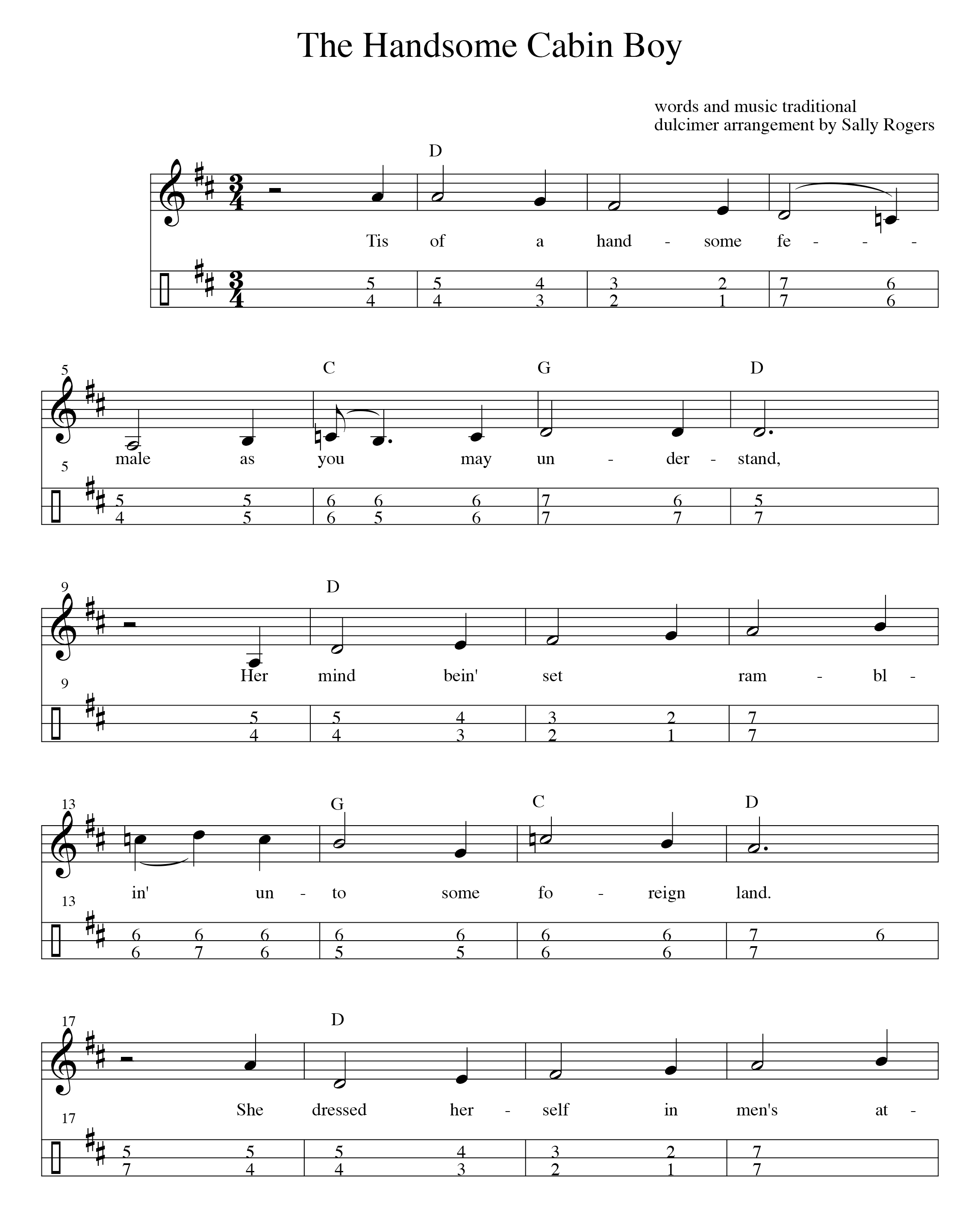
Lyrics
’Tis of a handsome female as you may understand,
Her mind bein’ set on ramblin’ unto some foreign land,
She dressed herself in men’s attire or so it does appear,
And hired on with our captain to serve him for a year.
The captain’s wife, she bein’ on board, she seemed in great joy
To think her husband had engaged such a handsome cabin boy.
And now and then she’d slip him a kiss and she would’ve liked to toy
But ’twas the captain found out the secret of our handsome cabin boy.
Her cheeks were red and rosy, her hair was all in curls
The sailors ofttimes smiled and said, “Why he looks just like a girl!”
But eatin’ of the captain’s biscuits her color did destroy
And the waist did swell of our pretty Nell the handsome cabin boy.
Around the bay of Biscay our gallant ship did plow
Among the sailors there arose such a frightful, scurryin’ row.
They tumbled from their hammocks for their sleep it did destroy.
And they cursed about the groanin’ of our handsome cabin boy.
“Oh, Doctor, dearest Doctor,” the cabin boy did cry,
“My time it is come and I am undone and I must surely die,”
The doctor come a runnin’ and a smilin’ at the fun,
To think a sailor lad should have a daughter or a son.
The sailors come a runnin’, they came to gape and stare,
The child belonged to none of them, they solemnly did swear.
The captain’s wife she smiled at him and said, ‘Dear, I wish you joy,
For was either you or I betrayed the handsome cabin boy.”
Then each man took his tot of rum and drank success to trade,
And likewise to the cabin boy who was neither man nor maid.
Here’s hoping that the wars don’t rise again, our sailors to destroy,
And here’s hopin’ for a jolly lot more like our handsome cabin boy.
Sally Rogers has been a songwriter, performer and educator for more than 40 years, and she is still steaming ahead, warming hearts and minds wherever she goes. Her songs “Lovely Agnes” and “Touch of the Master’s Hand” have frequently been mistaken for traditional, while “Love Will Guide Us” and “Circle of the Sun” are now anthems for rituals of passage and protest.

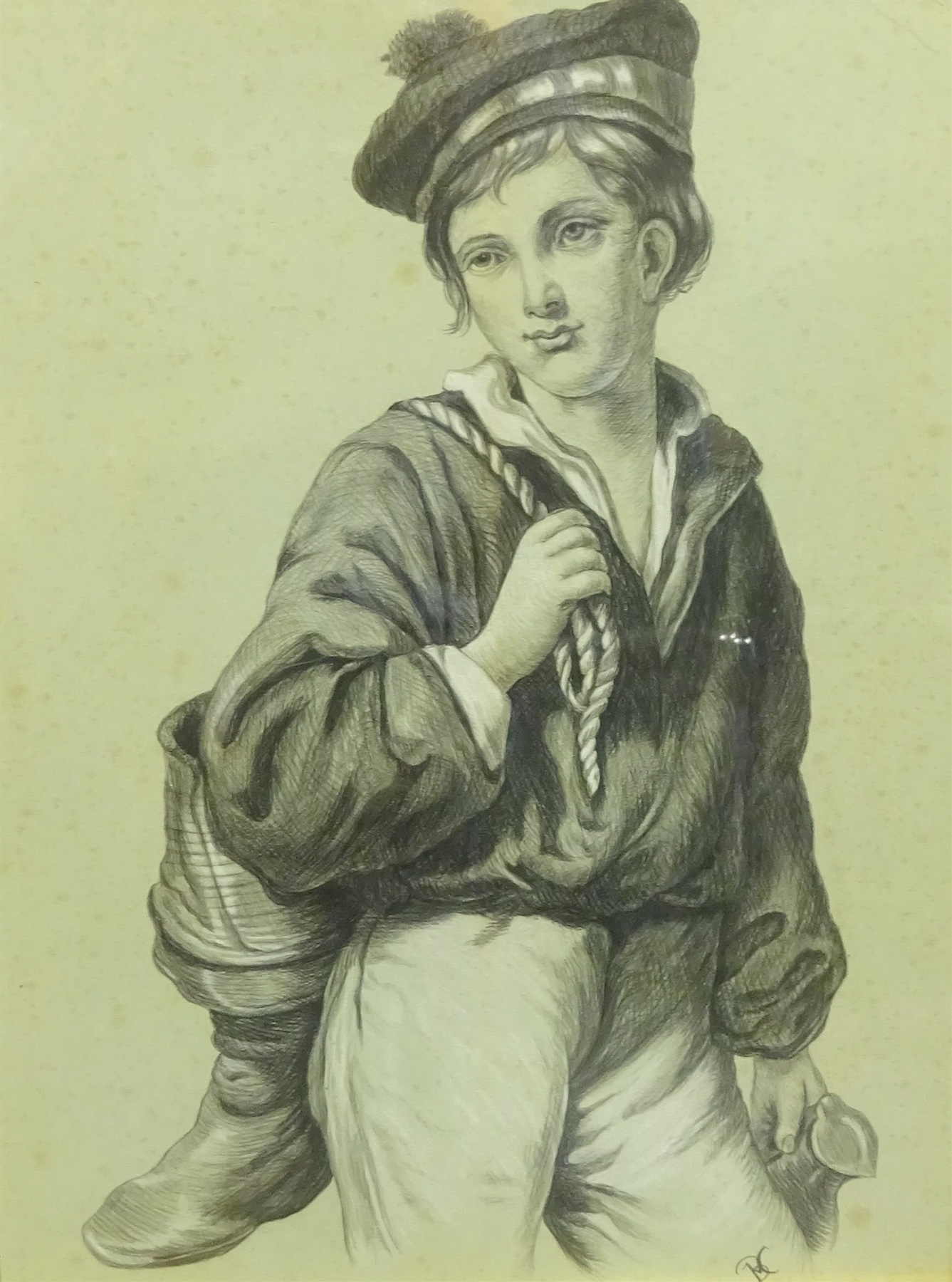

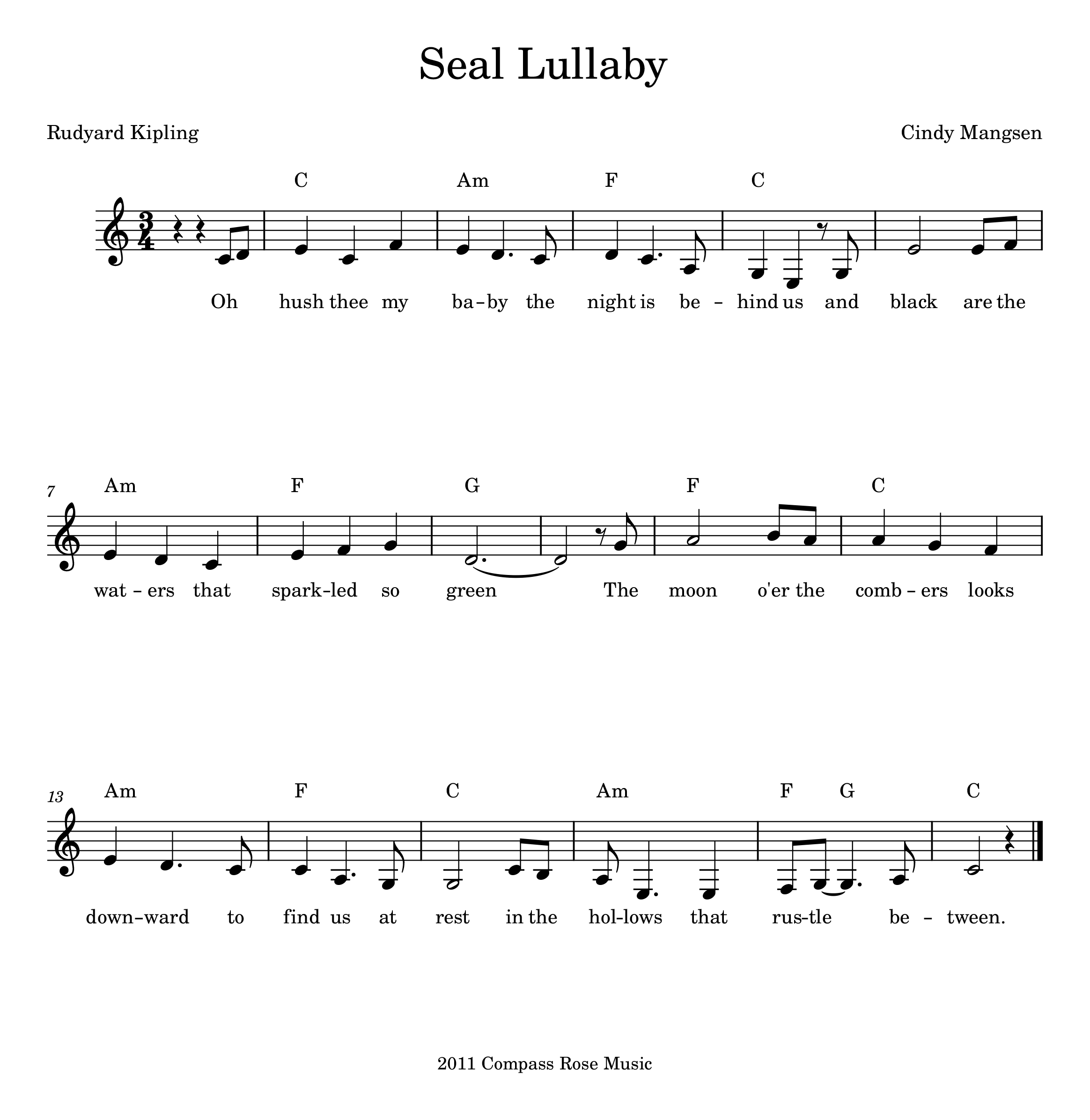
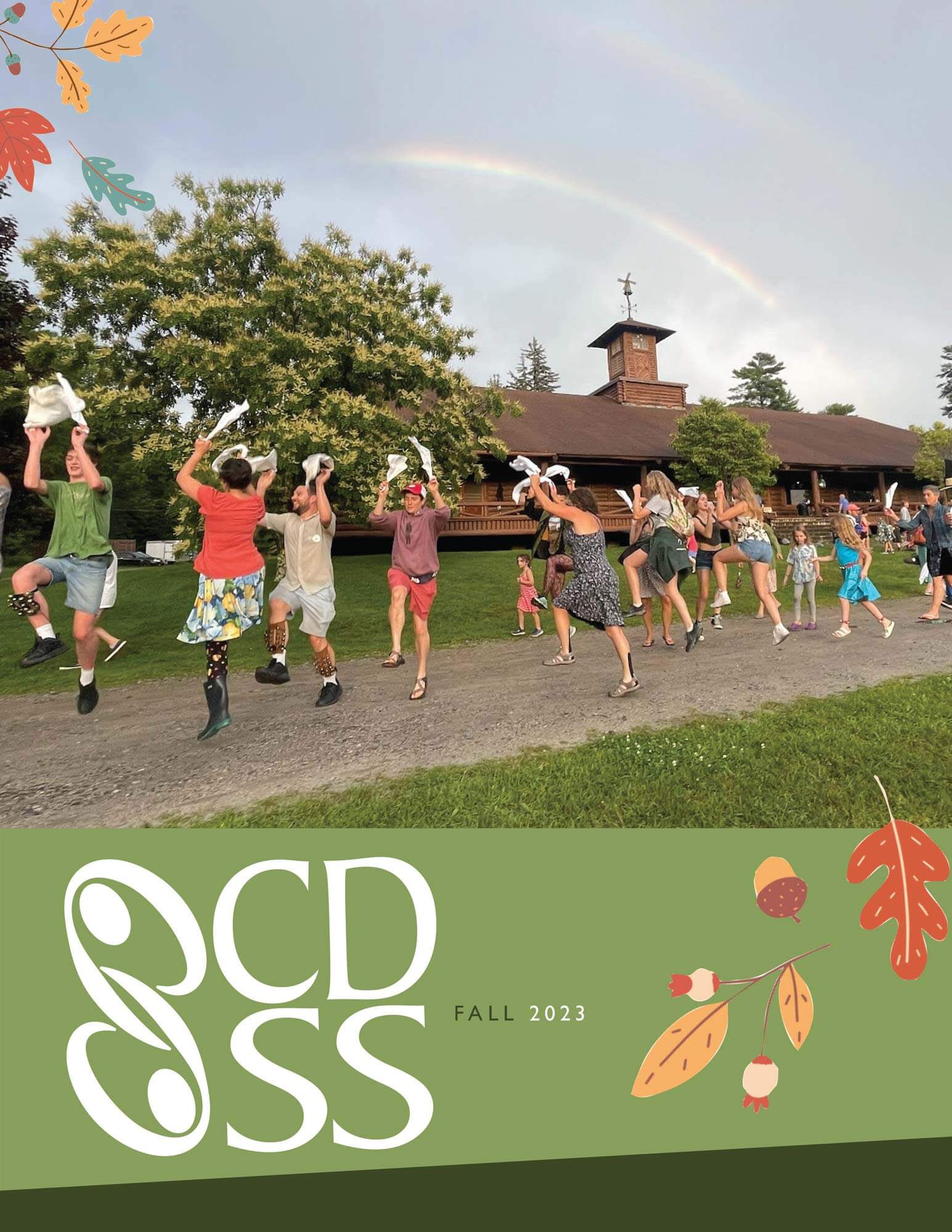
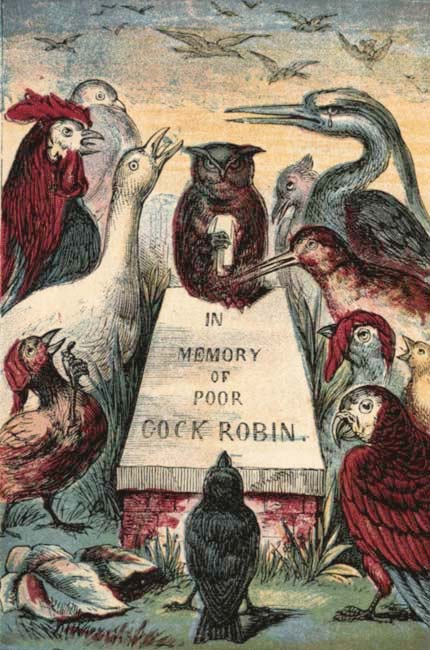
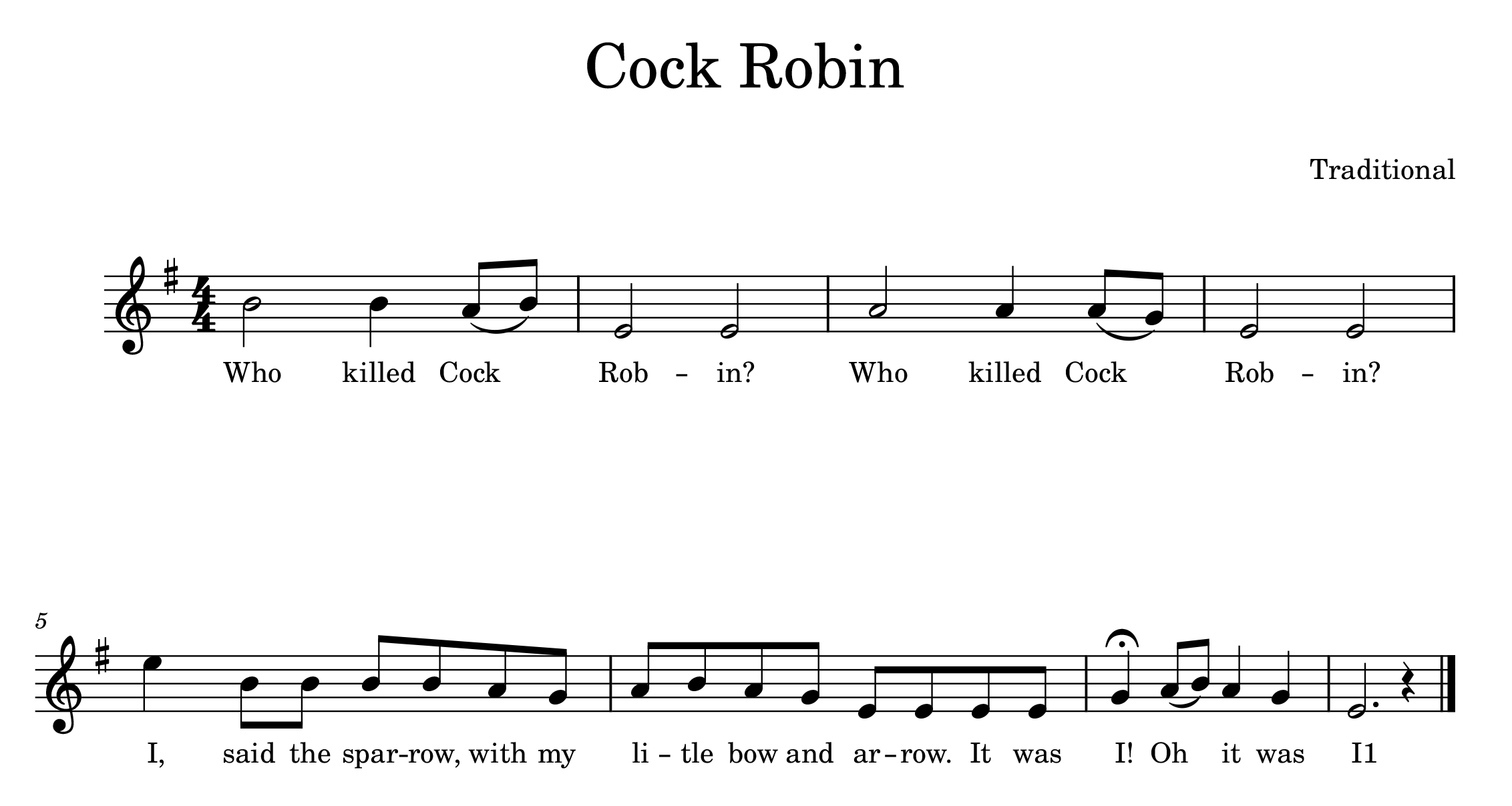
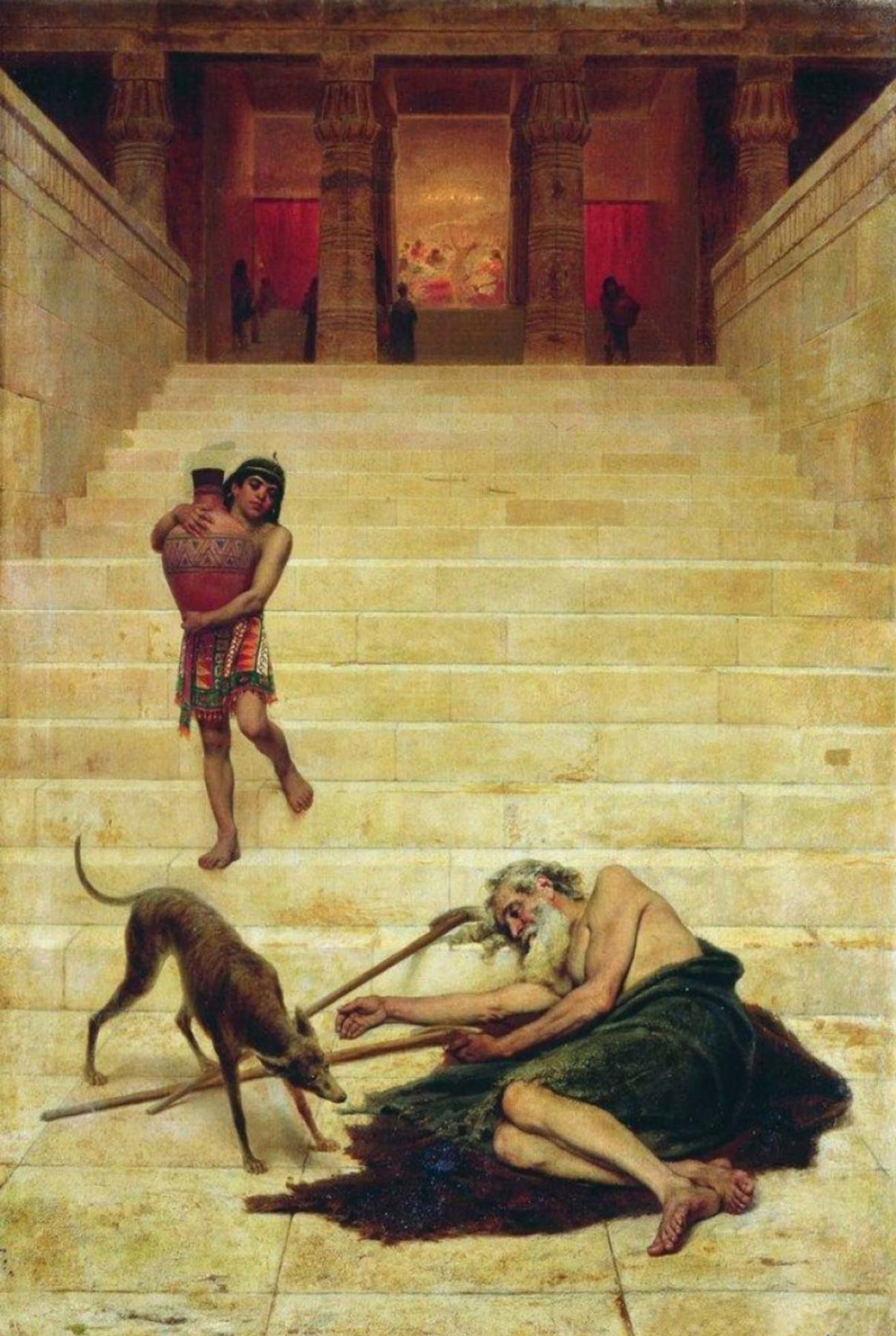
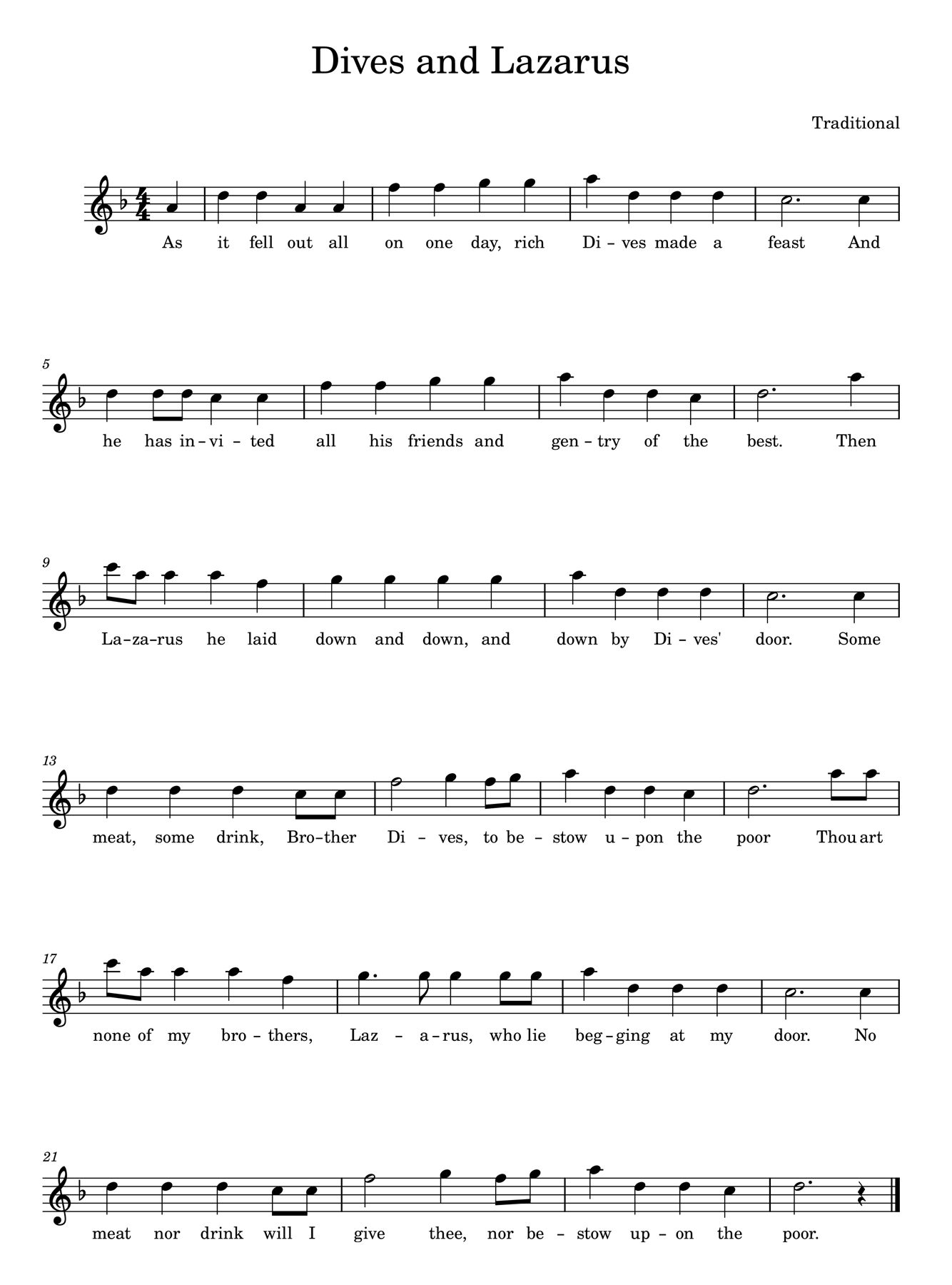
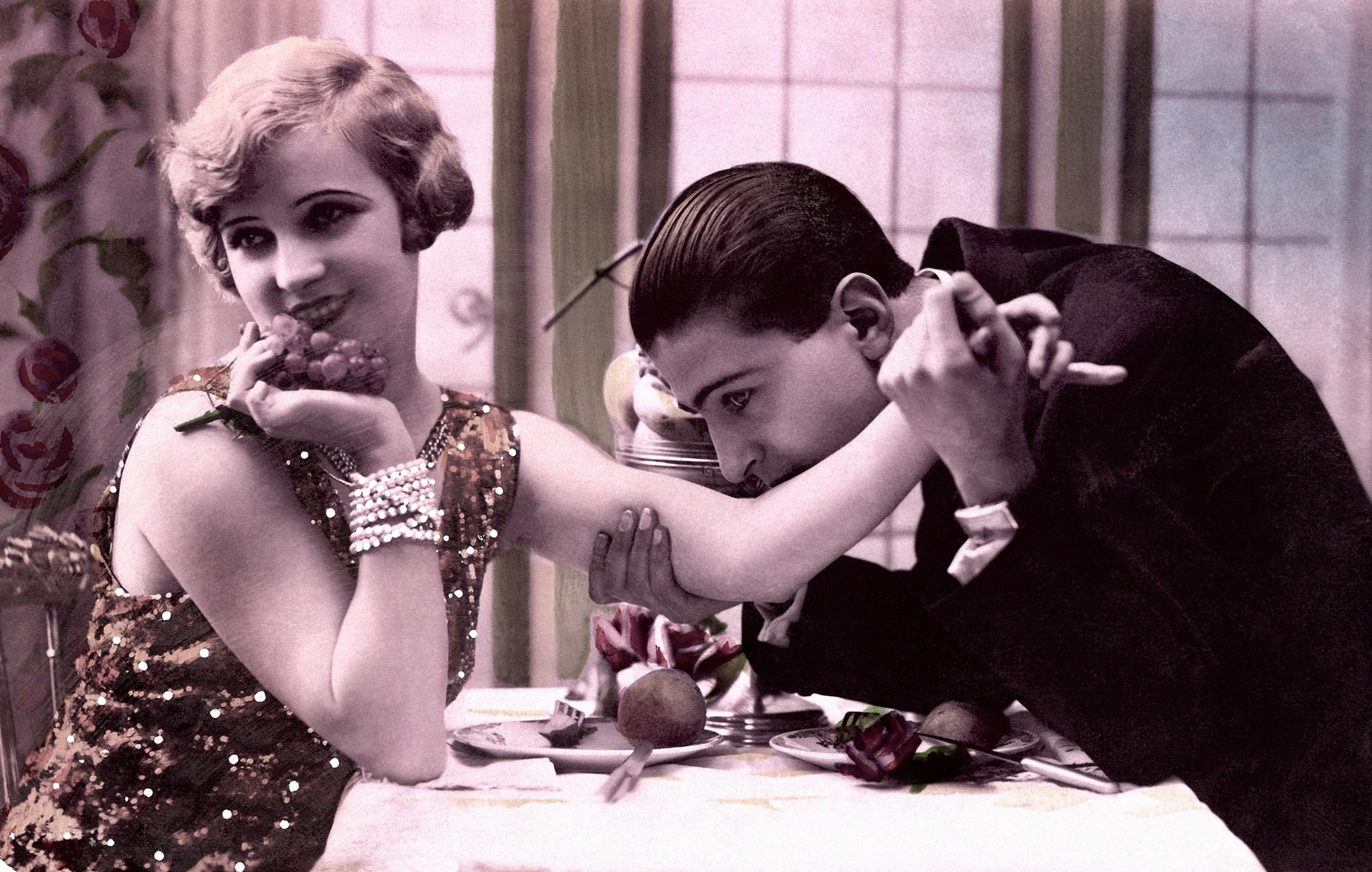
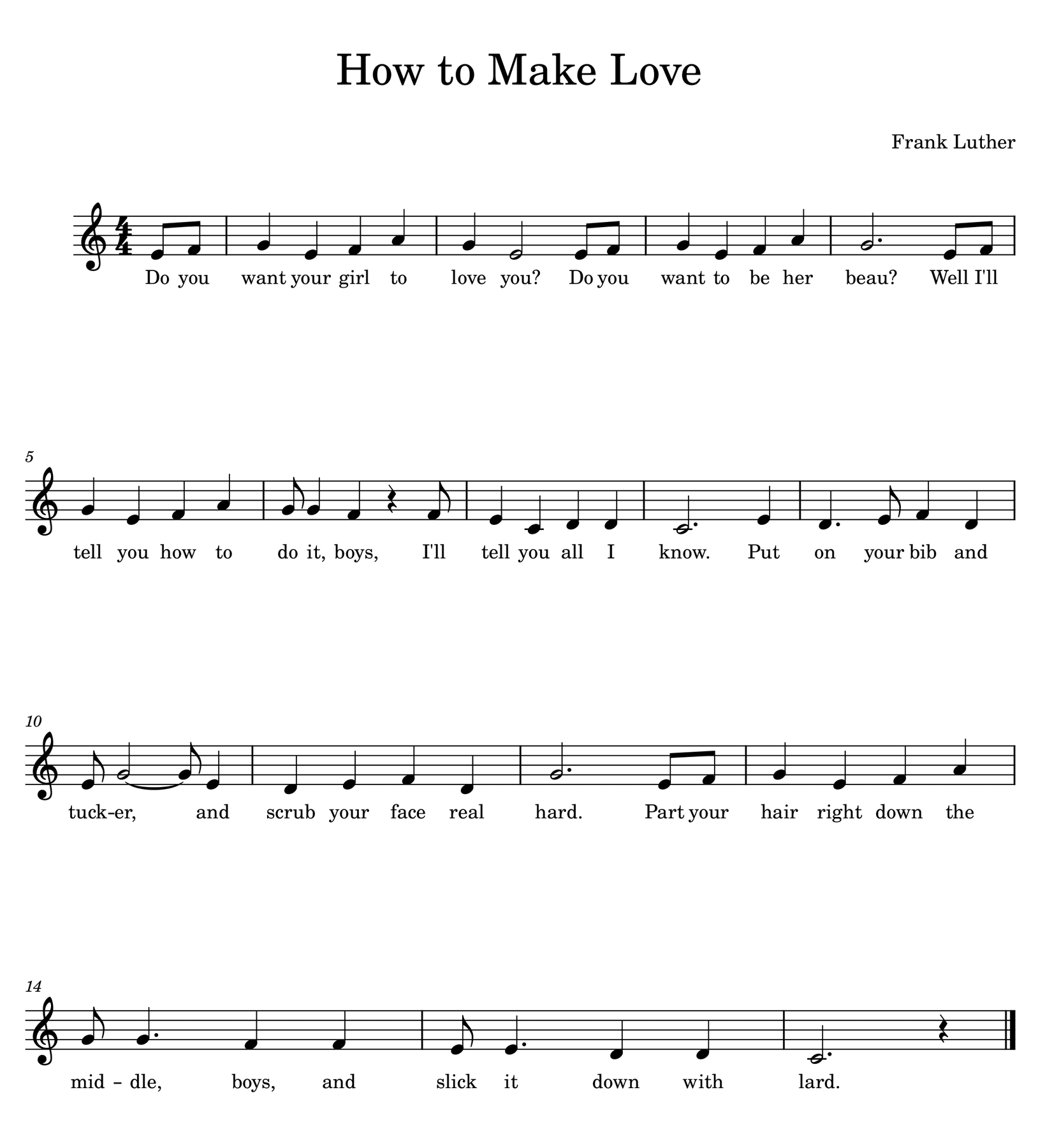

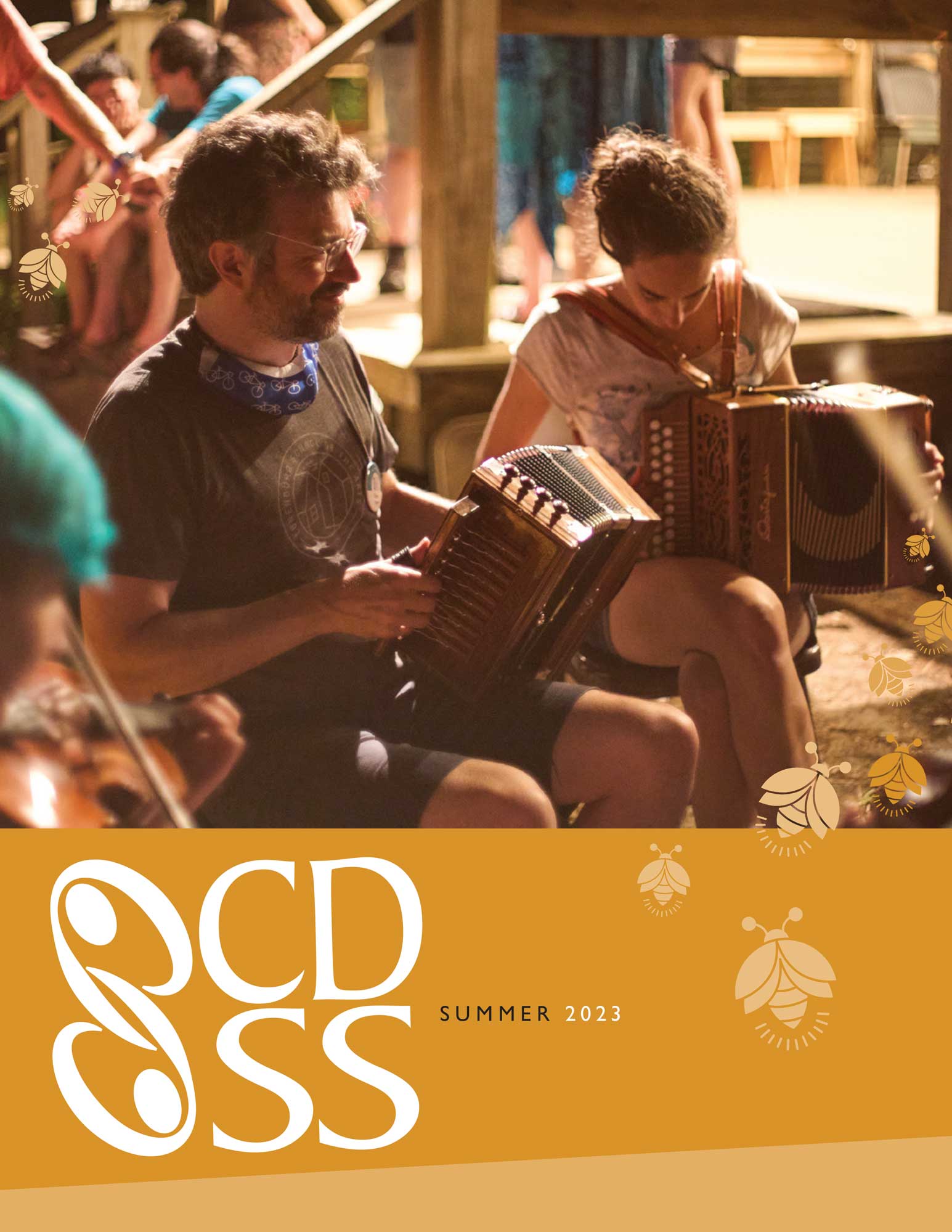

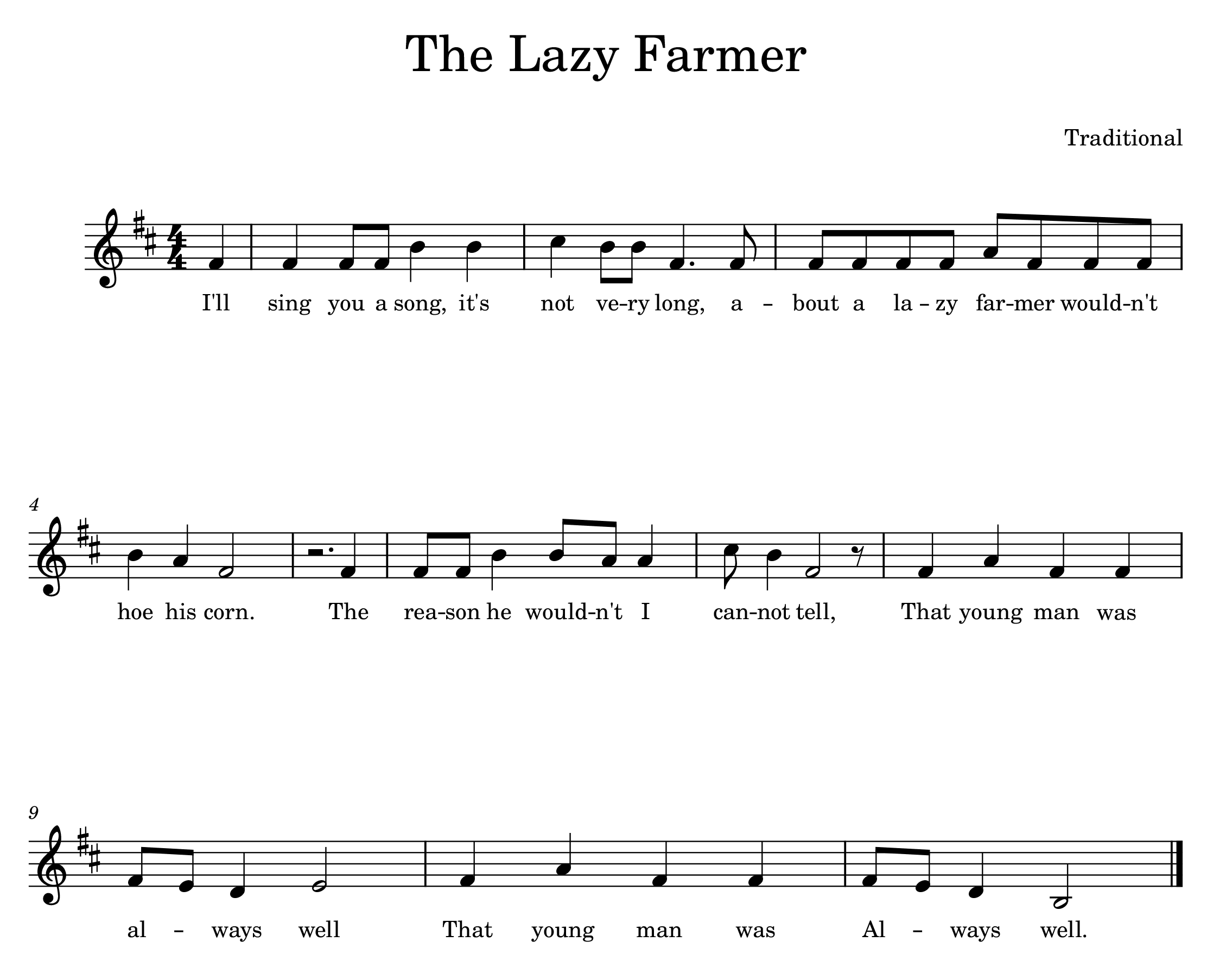
 Thanks to the Massachusetts Cultural Council for their generous support.
Thanks to the Massachusetts Cultural Council for their generous support.